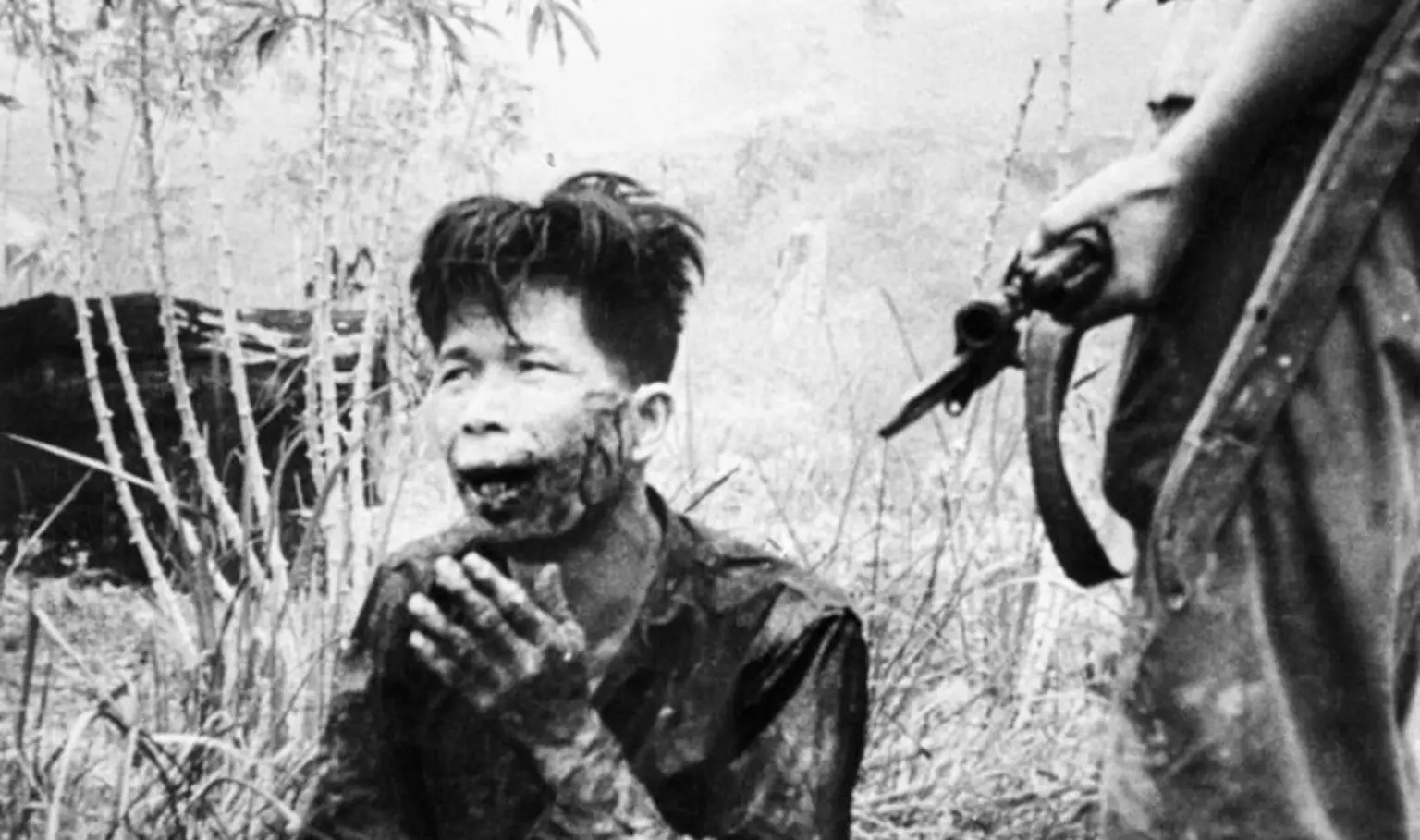by MARK CURTIS

70 years ago the UK stepped up a brutal colonial intervention in Malaya, presenting it as a war against Chinese communism. British forces herded hundreds of thousands of people into fortified camps, heavily bombed rural areas and resorted to extensive propaganda to win the conflict.
The so-called “emergency” in Malaya – now Malaysia – between 1948 and 1960 was a counter-insurgency campaign waged by Britain against the Malayan National Liberation Army (MNLA).
The MNLA sought independence from the British empire and to protect the interests of the Chinese community in the territory. Largely the creation of the Malayan Communist Party (MCP), the MNLA’s members were mainly Chinese.
But although the war in southeast Asia has long been presented in most British analyses as a struggle against communism during the cold war, the MNLA received very little support from Soviet or Chinese communists.
Rather, the major concern for British governments was protecting their commercial interests in the colony, which were mainly rubber and tin.
A Colonial Office report from 1950 noted that Malaya’s rubber and tin mining industries were the biggest earners in the British Commonwealth. Malaya was the world’s top producer of rubber, accounting for 75 per cent of the territory’s income, and its biggest employer.
As a result of colonialism, Malaya was effectively owned by European, primarily British, businesses, with British capital behind most large Malayan enterprises. Some 70 per cent of the acreage of rubber estates was owned by European, primarily British, companies.
Malaya was described by one British Lord in 1952 as the “greatest material prize in South-East Asia”, mainly due to its rubber and tin. These resources were “very fortunate” for Britain, another Lord declared, since “they have very largely supported the standard of living of the people of this country and the sterling area ever since the war ended”.
He added: “What we should do without Malaya, and its earnings in tin and rubber, I do not know”.
The insurgency threatened control over this “material prize”. The Colonial Secretary in Britain’s Labour government, Arthur Creech-Jones, remarked in 1948 that “it would gravely worsen the whole dollar balance of the Sterling Area if there were serious interference with Malayan exports”.
The Labour government of Clement Attlee dispatched the British military to the territory in 1948 in a classic imperial role, largely to protect those commercial interests.
“In its narrower context”, the Foreign Office observed in a secret file, the “war against bandits is very much a war in defence of [the] rubber industry”.
Declassified UK for more